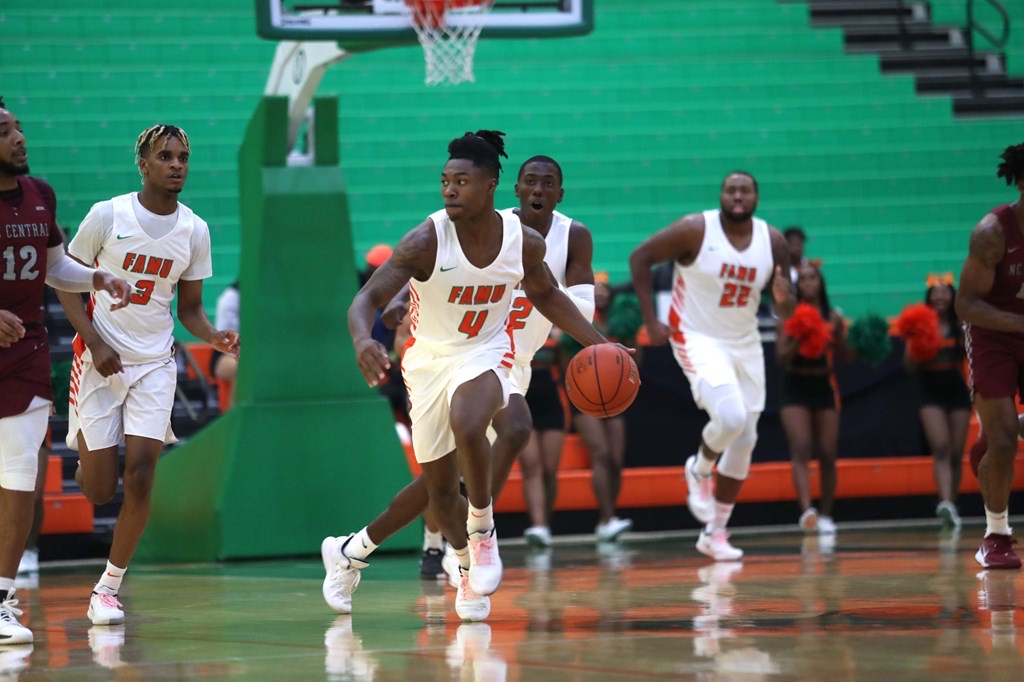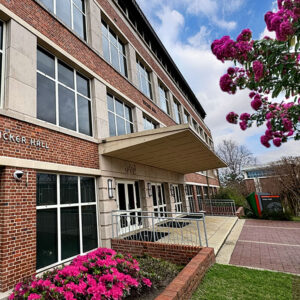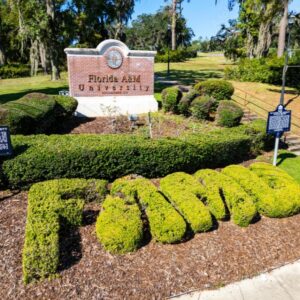News | June 7th, 2020
FAMU Athletics Plans For Virtual Recruitment
By: Phylicia Wright

The COVID-19 pandemic continues to transform our traditional way of life and is now altering how high school athletes will recruit and commit to universities. It is not certain when everyday life prior to COVID-19 will return— or if it will at all—but safety precautions are being made by the university for upcoming recruitment.
Like many schools across the nation, Florida A&M University has been working remotely since March 18, which meant canceling regularly scheduled workouts and cutting spring athletic seasons short. Following the national transition to remote learning, the National College Athletic Association (NCAA) released a recommendation for universities reopening sports for the fall. However, the NCAA notes that the recommendations are “subject to further revision as available data and information…continues to emerge and evolve.”
Kortne Gosha, Vice President and Director of Athletics for FAMU, has instructed all head coaches to establish a plan for their team and upcoming recruitment. In July, the university is planning to start the beginning phases of reopening the athletic department.
All university travel is halted until further notice and the recruitment season, the most anticipated time for high school athletes, will occur virtually this year. Gosha recognizes the undesirable downside that comes with conducting recruitment virtually.
“This makes evaluating their athletic ability and understanding the charter of the prospect harder by not being able to connect with the coaches and counselors for evaluations,” said Gosha.
Along with athletic ability, some coaches need to see the character of the prospective athlete and take into account how well they listen and take direction. The result of virtual recruitment is now having to rely on former coaches’ evaluation of the student’s work ethic and attitude.
The downfall not only affects FAMU coaches, but also prospective students. Student-athletes are having to commit to a school without even getting the chance to visit the university and build an authentic relationship with the team.
“I feel for [junior athletes] as COVID-19 has affected many in different ways,” said Gosha. He urges them to “continue to train and keep in shape so that at the appropriate time once it’s safe to resume play they are prepared to do so.”
Robert McCullum, head coach of the Men’s Basketball team at FAMU, was able to finish the season off strong before COVID-19 canceled the remaining games. McCullum said that he did not have to face many disadvantages on his end of the recruitment process, but some prospective players did because of social distancing.
“The biggest drawback from the coronavirus and the evaluation process was the prospects and their parents not being able to come to campus. That is something each of them look forward to and because of the coronavirus they were denied that opportunity,” said McCullum.
When student prospects were able to visit, McCullum and his staff took into consideration the chemistry the prospects had with the current team for their evaluation. The staff places emphasis on how the current players mesh with current prospects when it comes to recruitment.
Recently, the FAMU cheerleading squad conducted tryouts virtually instead of in person. Participants were required to submit a non-stop video that included a dance routine, eight-count sequences, and a cheer that was given to them by the tryout coordinators. They were also asked to show their tumbling skills as well.
Rachel Drakeford was among the group that had to try out virtually this year. The rising sophomore, who cheered her freshman year, said though she was not nervous, she was rather worried about preparing safely for the tryouts.
“COVID-19 did affect me as a cheerleader due to the closing of a lot of tumbling gyms, which meant that I could not work on safely advancing my skills,” said Drakeford.
The upside of the tryout process was that the participants were able to do the video as many times as they needed before submitting it. On the other hand, Drakeford said it was hard to fully convey character, energy, and attitude to the coaches with the virtual barrier.
“I liked the process this year because you had the opportunity to do the video multiple times until you executed each skill well like you truly wanted to. However, I missed the in-person opportunities for you to make an impression on the coaches through your energy while you try out,” said Drakeford.
Although traditional recruitment and tryouts have been affected, solutions are being made daily for current and future collegiate athletes by FAMU Athletics.






